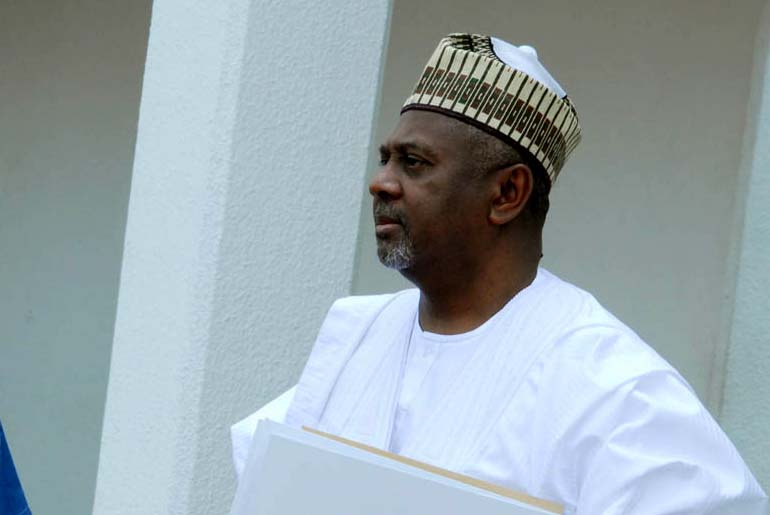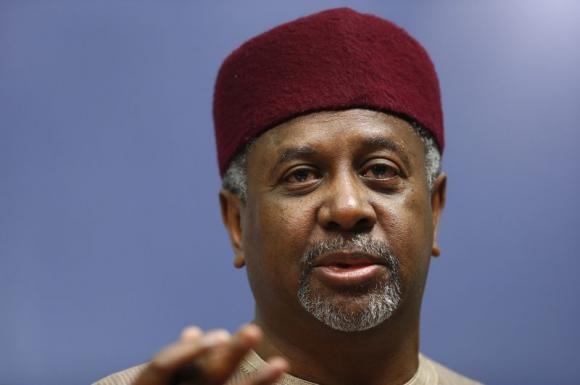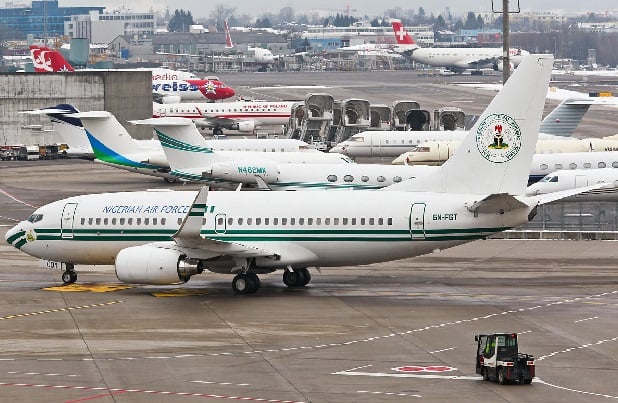President Muhammadu Buhari on Tuesday said Nigeria can no longer sustain the importation of rice and other food items that can be locally produced.
Speaking in Kebbi state at launch of the Central Bank of Nigeria’s Anchor Borrowers’ project, Buhari said his government remained committed to developing agriculture.
He highlighted the role which agriculture played in the economy before the discovery of oil, saying the sharp decline in the price of oil has left Nigeria with no other option but to “diversify” its economy.
“The importance of agriculture in the economy cannot be over emphasised,” he said.
Advertisement
“Prior to the advent of oil, our country survived on agricultural production with huge economic potentials from our palm oil, groundnut, cotton, and rubber plantations. During this period, the economies of our sub region were built on agricultural activities and our gross domestic product grew steadily. Our first generation state-sponsored banks and investment companies were financed with incomes from farming surpluses.
“The discovery of oil was expected to complement our agricultural productivity but we allowed oil to almost completely replace it. Current trends in the international oil market has brought to fore the urgent need to diversify both the productive and revenue base of our economy and conserve our foreign reserve by limiting our appetite for importation of goods that we can easily produce locally.
“The international price of oil has plummeted from a peak of $116 per barrel in June 2014 to as low as $46 per barrel in early 2015.
Advertisement
“This means there are limited resources available to government at all levels and hence economic diversification is no longer an option for us as a nation. It is the only way to reclaim economic momentum and drive to prosperity. One way to do this is to go back to the land and develop our agricultural production.
“The anchor borrowers’ programme has been designed as a one-stop solution for the agriculture value chain by creating economic linkages between farmers and processors to not only ensure increased agricultural output but also importantly, to reduce on dependence on imported foods.
“I am not surprised at the choice of rice for the programme’s pilot because rice has assumed the status of a major staple food in Nigeria. Despite the increasing importance of rice in Nigeria’s households, we still import a majority of our needs for rice.
“In 2014 for example, the total demand for milled rice in Nigeria was estimated to be about 6.1 million metric tonnes, of which 2.6 million metric tonnes was produced locally while the rest was imported. Equally, the demand for wheat in Nigeria is now about 5 million metric tonnes, a significant amount of which can be produced locally.
Advertisement
“These statistics are disturbing because Nigeria has one of the best climatic and land resources to support the production and even exportation of a wide range of crops including rice and wheat. With reports showing steady increase in local wheat production, I am fully convinced that this nation can produce all it requires to feed our people.
“The nation is blessed with several varieties of rice that can be explored to optimum potential.”







